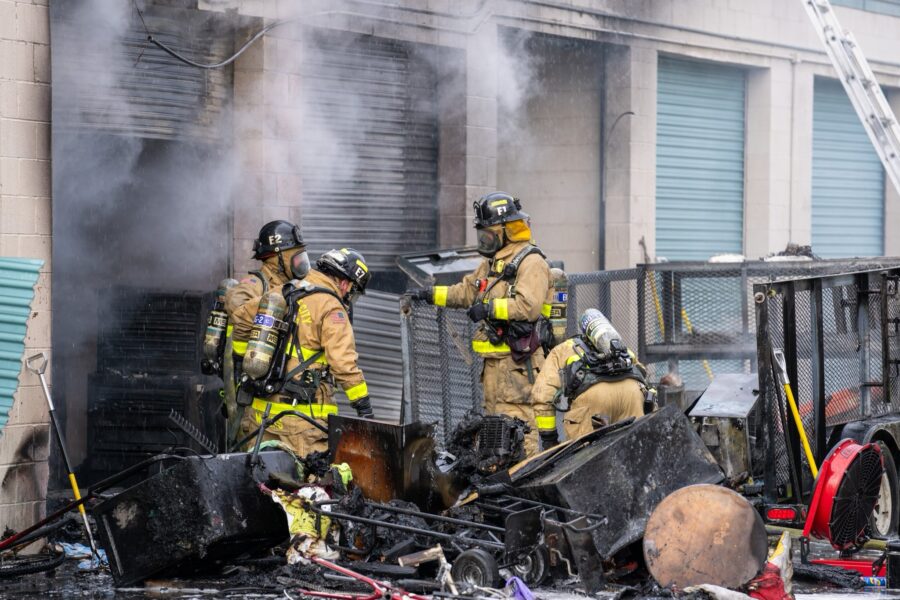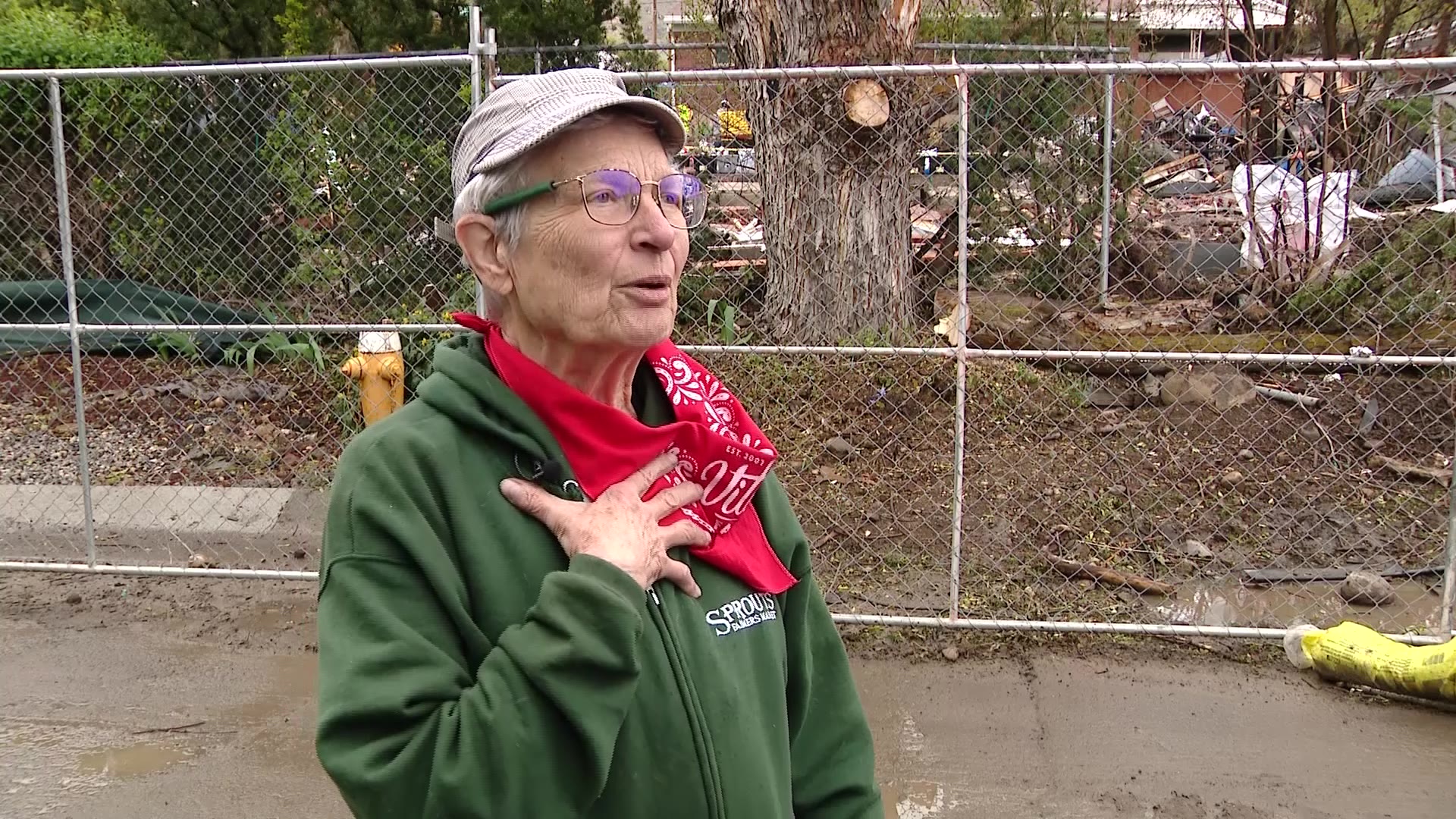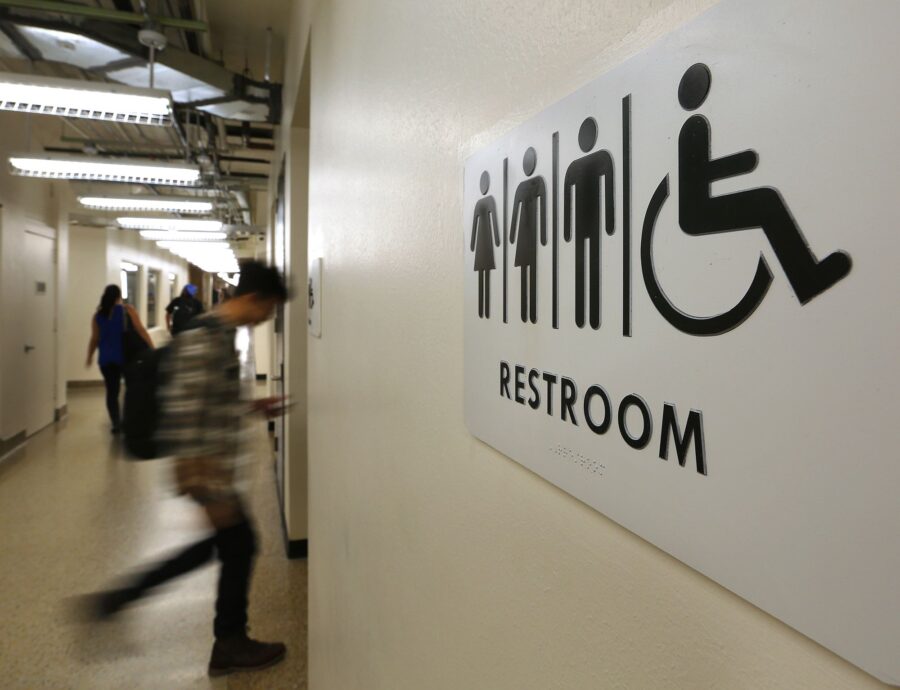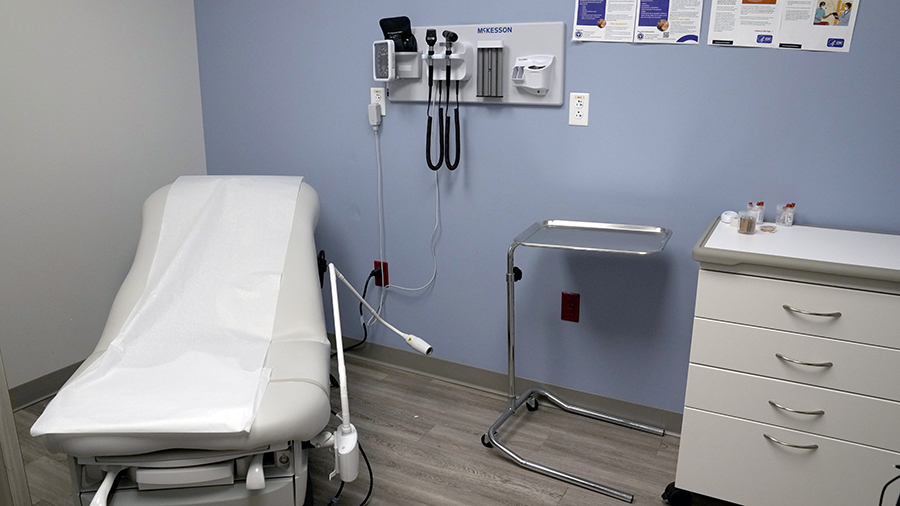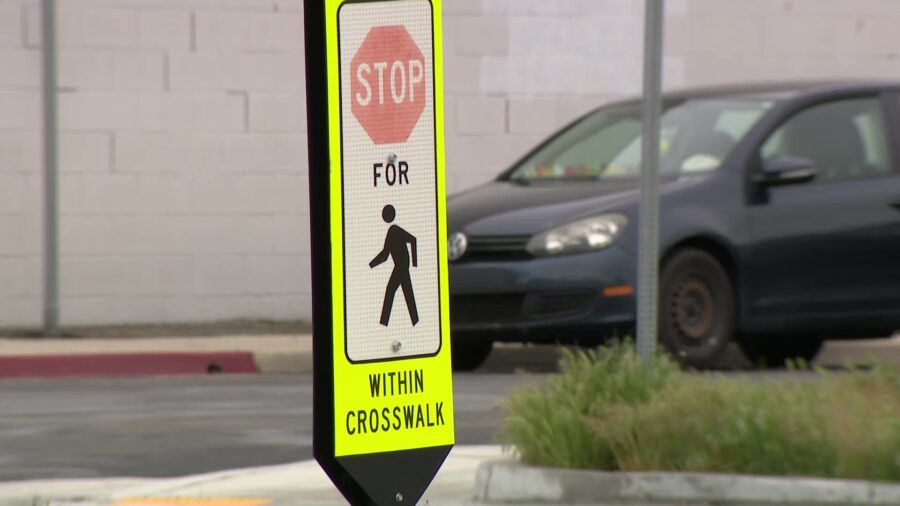Utah’s ‘clean slate’ law goes into effect to expunge old, minor criminal charges
Feb 10, 2022, 12:46 PM | Updated: 1:59 pm
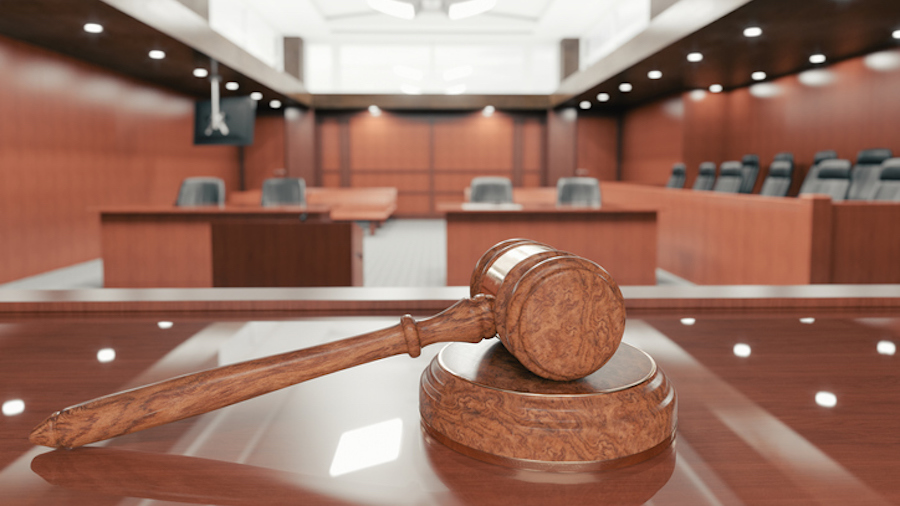
FILE PHOTO (KSL TV)
(KSL TV)
SALT LAKE CITY— A bill passed in 2019 to clear old and minor criminal records for those who have remained crime-free for a specific period of time went into effect Thursday. Utah is the second state in the country to implement a “clean slate” law.
“We believe in the rule of law and that people should be held accountable when a law is broken. But we also believe in second chances,” said Gov. Spencer Cox. “Utah’s clean slate law is a common-sense policy that will help people find housing, get jobs and contribute back to their communities after paying their debt to society.”
According to a release, one in four Utahns have some type of record and can cause challenges in acquiring housing or employment. Nearly 500,000 Utahns have been identified for automatic clearance so far.
“For the courts, this law is about access to justice, an issue we care deeply about,” said Ron Gordon, state court administrator. “We know that our legal systems have barriers and that many of our neediest Utahns require a lawyer to help them and cannot afford one. Criminal record expungement is one of these areas. Due to cost, the complicated process, lack of knowledge, and lack of legal representation, less than 10% of people eligible to clear their records have made it through the process. Utah’s clean slate law changes this landscape completely.”
Under the clean slate law, cases dismissed with prejudice and certain misdemeanor convictions will be automatically expunged under the following qualifications:
- Individuals must remain conviction-free for 5-7 years (depending on the level of the offense) in order to qualify.
- Covered offenses include misdemeanor A drug possession, most misdemeanor B and C level offenses, and all infractions.
- Utah’s clean slate law will not clear any felony records, domestic violence-related offenses, sex offenses, simple assault or DUI offenses.
- Utah’s clean slate law has numerical limits, which means that some individuals will have too many total records to qualify for any automatic clearance.
The release states that Utah’s courts will first clear records from cases that have been dismissed or resulted in acquittal. Within this category, there are 218,000 records and over 800,000 combined cases. All will be automatically expunged. However, the release clarified that they will not all be expunged at once, but that it will happen over a period of months.
“Clean slate is a key step to rebuild our workforce and drive our economic recovery forward,” said Derek Miller, president & CEO of the Salt Lake Chamber and Downtown Alliance. “The smart policy of automating the expungement process will give thousands of deserving Utahns the second chances they deserve, while at the same time making our state a better place to live and work. It represents a common-sense solution for closing the justice and opportunity gaps – one that will further solidify our status as the best state for business.”
Code for America played a vital role in the effort to automate Utah’s clean slate law as part of its national effort to make automatic record clearance the standard across the country. Code for America, in partnership with the Utah Administrative Office of the Courts, created an algorithm to automatically identify all the conviction cases that were immediately eligible to be cleared and receive record clearance relief once the law took effect. Utah’s courts are now adopting Code for America’s code and technical process to identify eligible conviction records on their own and continually clear records as they meet eligibility requirements.
“The fundamental shift – moving from a petition-based process to an automatic process – will help Utah achieve record clearance equitably, expeditiously, and at scale,” said Meilani Santillan, Code for America’s criminal justice program director. “We’re proud that because of our work, almost 500,000 people will receive conviction relief starting this month. A conviction should not be a life sentence to poverty, and this achievement will help tens of thousands of people in Utah have access to jobs, housing and other opportunities that they otherwise might be denied.”
In addition, the nonprofit group Clean Slate Utah was formed to help raise awareness of Utah’s law and educate the public about automatic record clearance.
Clean Slate Utah will help to answer general questions about automatic expungement versus petition-based expungement, connect individuals to free legal resources, and cover the cost of non-waivable BCI fees for those who qualify.
More information about Clean Slate Utah can be found here.
Utah’s Clean Slate Law from Clean Slate Utah on Vimeo.


